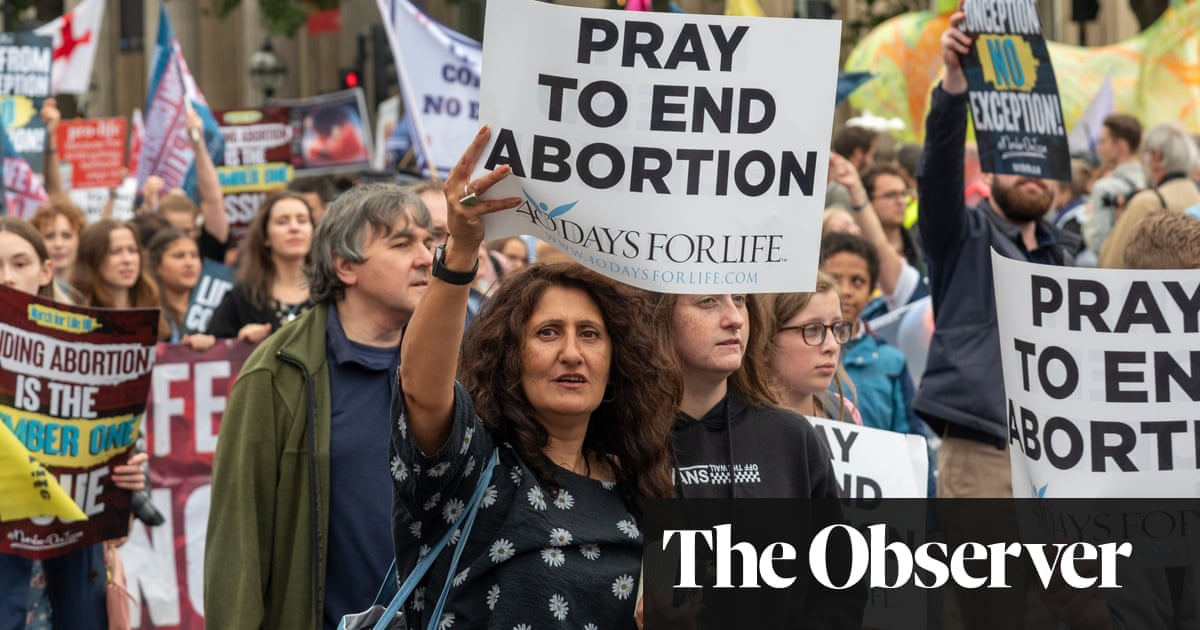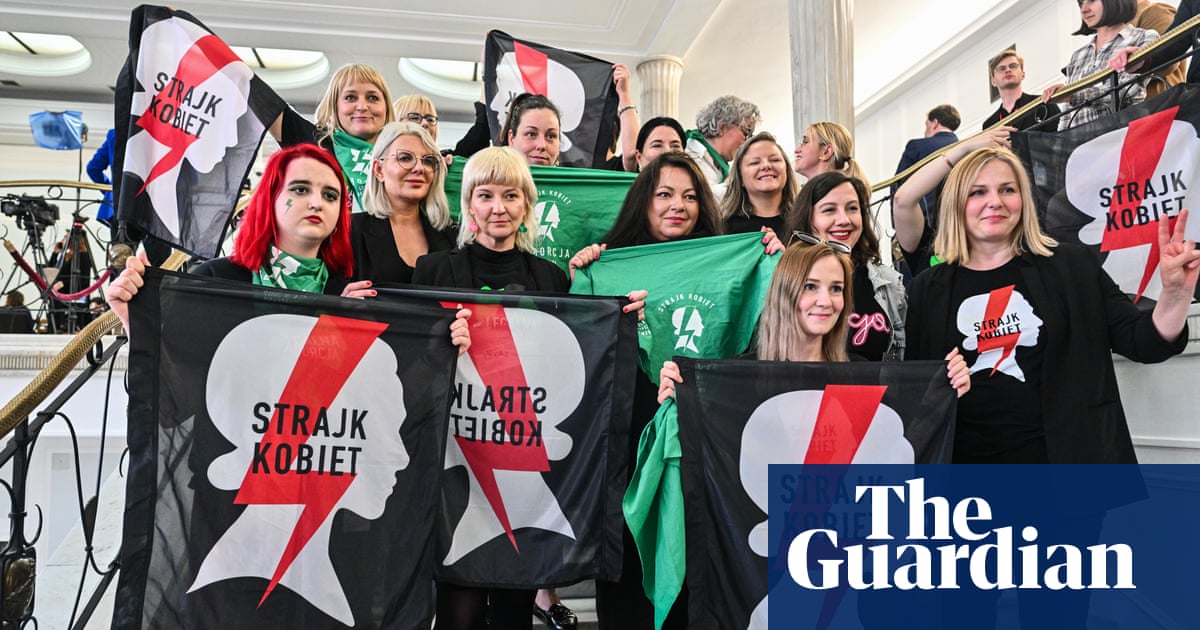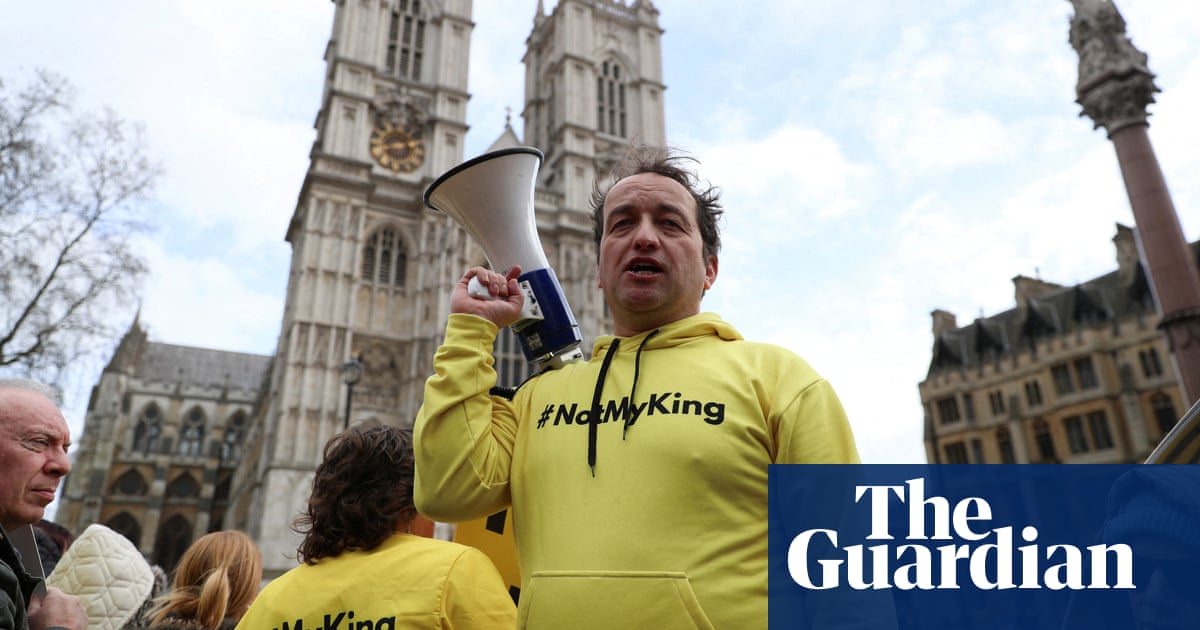
A leading UK anti-abortion charity with ties to MPs and peers has increased its Facebook advertising spend more than tenfold in three years, spending nearly £190,000 on advertising campaigns.
In a joint investigation, the Observer and the Citizens analysed the spend and content of hundreds of Facebook ads paid for by Right to Life UK between June 2020 and November 2023. The findings reveal the charity – which provides the secretariat for the Pro-Life All Party Parliamentary Group – spent an average of £117,000 in 2023, an increase from an average £11,400 in 2020, £16,900 in 2021 and £43,600 in 2022.
This year, the charity’s adverts – often featuring sensitive images of foetuses and premature babies – had 13.5m impressions, an increase from less than 1m impressions in 2020. During the same time period, it increased its income by 60%.
Facebook informed the Observer that for content relating to abortion, it marks posts with images of foetuses as “sensitive”, however, the policy does not appear to prevent advertisers from using foetal imagery, as Right to Life UK regularly does.
Several adverts contain misleading content, including claims that telemedicine – a policy change brought in during the pandemic to allow women to take abortion pills at home – is “dangerous” and urging supporters to write to MPs to stop its “atrocities”.
The NHS has confirmed abortion is a safe procedure. A study that looked into 50,000 early medical abortions in the UK in 2020 found the outcomes for the traditional model – involving a clinic visit – were the same as for telemedicine, with no serious adverse events in 99.95% of cases.
“Telemedicine has enabled women to access abortion at some of the earliest gestations and allowed us to provide more effective, patient-centred support to women in some of the most challenging circumstances,” Clare Murphy, chief executive of the British Pregnancy Advisory Service, told the Observer.
Right to Life UK confirmed that it ran the adverts claiming two women died after receiving telemedicine, making it “dangerous”. It confirmed the content was based on a Sun report dated 30 July 2020. This report was corrected by the paper the next day to confirm the deaths were not in fact linked to telemedicine. The charity said it withdrew the ads as soon as it was aware the claims were incorrect.
More recent advertising from Right to Life UK pushes a petition to make sex-selective abortion a specific criminal offence.
Reproductive rights experts agree that banning sex-selective abortions is ineffective.
The Center for Reproductive Rights asserts that “sex-selection bans do not prevent sex-selective abortions,” and may cause women “to seek unsafe, illegal abortions”. Such bans, it adds, “constitute one piece of the anti-choice movement’s long-term strategy of chipping away at women’s ability to decide whether and when to have children”.
Other Right to Life UK adverts on Facebook have focused on proposals to change the law on abortion.
In 2020 and 2021, when attempts were being made to fully decriminalise abortion, Right to Life UK ran paid adverts calling on supporters to prevent parliament introducing “extreme” abortion laws that would mean MPs voting to “introduce abortion, for any reason, up to birth”. The charity told the Observer that as the amendment in question would have removed the legal restrictions of the 1967 Abortion Act, this would have introduced abortion on demand up to birth.
Abortion is legally available in Britain within the exemptions laid out in the 1967 Abortion Act. However, it remains a criminal offence under the Offences Against the Persons Act. In June 2023, a woman was sentenced to 28 months in prison for having an abortion after the upper time limit of 24 weeks.
Labour MP Stella Creasy has tabled an amendment to the criminal justice bill to decriminalise abortion in England and Wales, bringing it in line with Northern Ireland.
Her colleague Diana Johnson MP, has also submitted an amendment to remove women from criminal law in relation to abortion.
“A vote for decriminalisation is explicitly not a vote for abortion up to birth as some have tried to scare,” said Creasy. “It’s not the case in Northern Ireland and won’t be the case here.”
Abortion was decriminalised in Northern Ireland in March 2020 where terminations are available on demand up to 12 weeks of pregnancy, and in limited circumstances post 12 weeks.
Creasy added: “It is vital Facebook intervene to prevent such claims being circulated without challenge by these well-funded anti-abortion organisations.”
Facebook has allowed misinformation and misleading posts from the charity to run without intervention. There have been cases where Facebook took down posts for “violating advertising standards”. However, the social media company’s policies do not appear to have been applied consistently, with other versions of the adverts, that used the same text and graphic, allowed to run on the platform.
Facebook did not respond to a request for comment but shared information about its review process of adverts relating to abortion, noting that they may only be targeted to people over 18.












